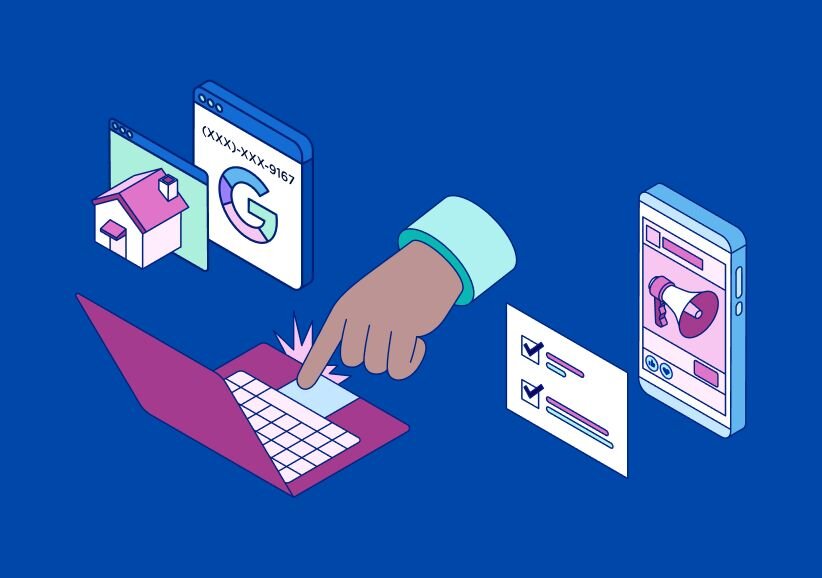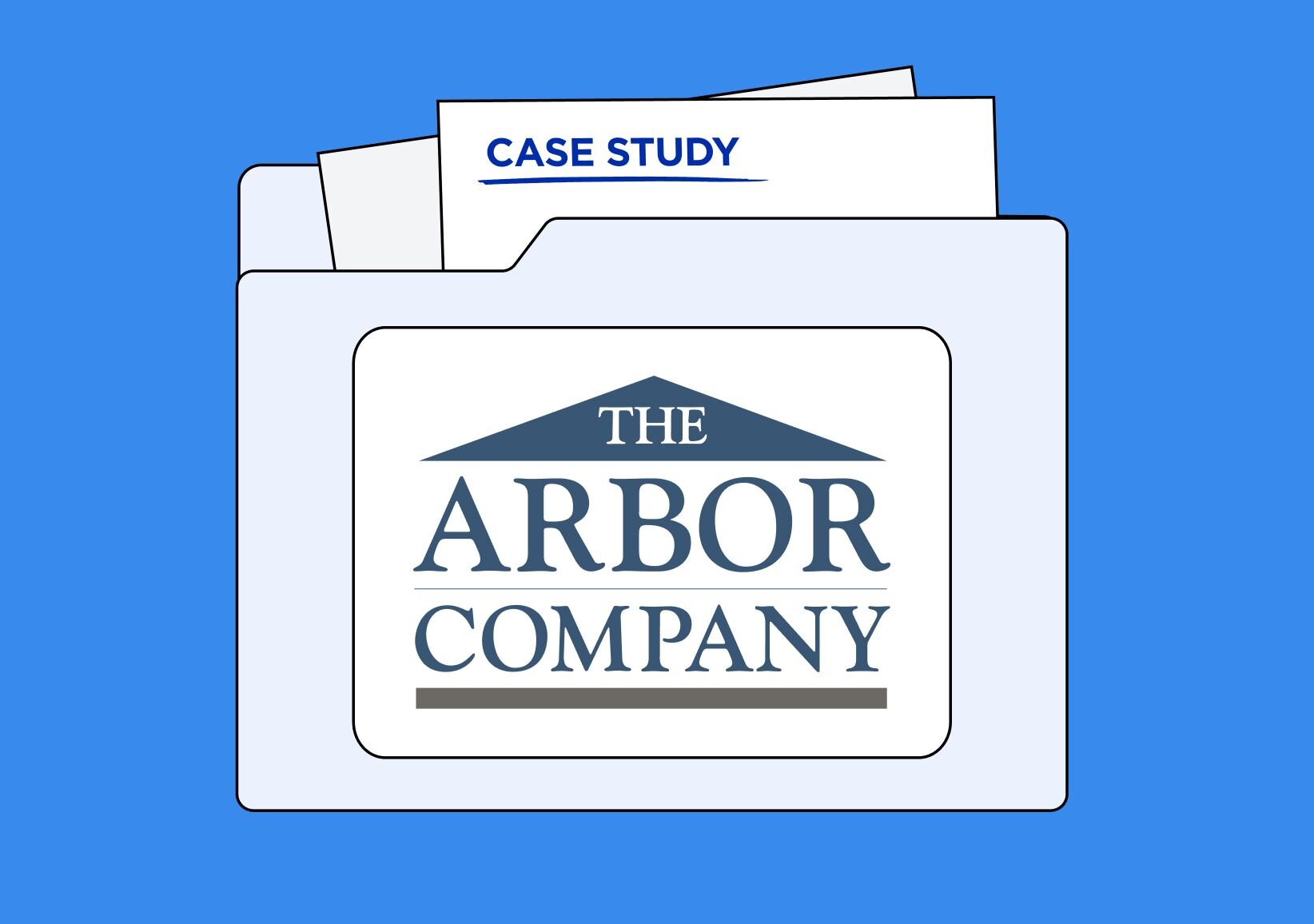A few weeks back I presented at a small workshop for entrepreneurs, small business marketers, freelancers, and individuals in similar business situations. My presentation was geared toward helping people who don’t typically deal with SEO, covering the topic from a broad perspective and diving into the details from there.
While I was talking to some of the attendees individually, I uncovered a bit of a theme. These small businesses, entrepreneurs, freelancers, etc. all told me something along the lines of, “I spend 30% of the time doing the type of work my business is known for, and the other 70% of the time running the business.” That struck me. These small business owners were doing administrative, marketing, financial, and other non-industry related tasks the majority of their days.
When the question and answer period came, so many just flat out asked me, “How do I hire someone to do this for me?” With the innumerable tasks already piled on their plates, they could not handle the minutiae of SEO on top of it. They told me they knew how important it was, but needed to delegate it. The problem for them was that they didn’t actually know enough about SEO to know if the person they’re hiring would do a good job. However, they did know that one bad hire can mean tons of wasted time and money for small businesses. Here are some of the skills an SEO should have and ways you can ask about them when you don’t know tons about the topic.
Technical Skills
It’s crucial that the digital marketing or SEO professional you hire has a basic understanding of the technical skills related to SEO. SEO specialists need to understand how to work on the back end of different content management systems, how to read and work in basic HTML, what tools they need to use to do their jobs, and what metrics by which to measure success.
Knowledge of SEO Tools
Search engine optimization can be performed with basic, free tools like Google Analytics and Search Console as well as a lot of manual work. If you don’t have a budget for extra SEO tools, make sure your new hire has a working knowledge of these. If you don’t know how to work these yourself, use the interview as a working session to have the interviewee tell you how they set them up, use these tools, gather data, and act on it.
 Google Analytics tells you how you acquired web visitors, the behavior of those visitors on your site, and how many people converted (depending on how you define a conversion). A good SEO can tell you what that data means and how they’d create a plan around that. Feel free to ask as many questions as you need to understand what he or she is telling you because if you hired that person, they’d need to report to you anyway.
Google Analytics tells you how you acquired web visitors, the behavior of those visitors on your site, and how many people converted (depending on how you define a conversion). A good SEO can tell you what that data means and how they’d create a plan around that. Feel free to ask as many questions as you need to understand what he or she is telling you because if you hired that person, they’d need to report to you anyway.
Google Search Console (also known as Webmaster Tools) gives you the background data about how Google sees your site and what users see in search engine results that drive them to your site. Search Console gives you data on other sites that link to your site and what user queries drive the most traffic. SEOs can gather data from this Google tool to fix important issues that might be blocking your site from showing up in Google results and to inform SEO strategy going forward.
Ask your candidate what paid SEO tools they have experience with. Tools like SEMRush, Ahrefs, Moz, Advanced Web Ranking, CallRail, and Raven Tools (to name a small few) can give an SEO data on keywords, attribution, competition, rankings, and more. If they have experience with these, ask them how they use them and what data they gather from the tools. Then ask how they act on that data. Use the session as an opportunity for them to teach you what they know. That’s also the beginning of a great work relationship.
On-Page Optimization
On-page optimization includes the things you can do to your site to affect the way search engines see and index your it. These are often small changes to HTML or enhancements on your site that display specific elements in a way that’s more Google-friendly.
Performing the technical on-page optimization is probably going to be one of your SEO hire’s first jobs after being hired. Ask your interviewee what they’d work on first on your site. A competent SEO will be able to look at a site’s source code and determine what on-page changes need to be made to bring the site up to speed on SEO basics. Don’t ask your candidate to do a full SEO audit on your site. Companies pay thousands of dollars for that service. It’d be unfair to ask someone to do it for free.
Keyword and Conversion Research
Conversion and keyword research practices are a crucial parts of any SEO’s job. It’s how we gather the data we need to make decisions going forward. There are lots of ways to perform this research that vary from complicated to simple. It’s ok if your SEO candidate has simple research tactics (heck, I still use spreadsheets and manual work in my research), but ask them how they do it.
Ask how they’d figure out and communicate the best ways to inform the SEO strategy going forward. Ask about tracking conversions, and what they’d do if they saw conversions were down. Even if conversions are just users filling out a contact form, a drop can be a big deal.
Local SEO
 If you’re a small local business, it’s crucial your candidate know about the important elements of local SEO: Google My Business citations, 3rd party directories, Google maps, and topics like NAP Consistency. For a small to medium sized business that relies on local customers, getting your local citations up and clean should be the first order of business. Ask your candidate about how they’d go about getting those in order.
If you’re a small local business, it’s crucial your candidate know about the important elements of local SEO: Google My Business citations, 3rd party directories, Google maps, and topics like NAP Consistency. For a small to medium sized business that relies on local customers, getting your local citations up and clean should be the first order of business. Ask your candidate about how they’d go about getting those in order.
When you submit your business to Google My Business, your address is verified through a postcard from Google. That’s how they know you truly are a local business. Make sure your candidate knows how to do that and the best ways to optimize your local citations.
Overall Philosophy
I think this is the most important part of hiring someone to perform search engine optimization on your site. Ask the candidate about their overall SEO philosophy. If their answer is all about making your site for Google instead of making your site for users, then, as Jay-Z would say, “On to the next one.”
It’s important that SEO doesn’t exist in a silo. SEO content should still be content for PEOPLE. Google sees itself as an answer engine. It wants to provide the best and most relevant answer to its users. Your SEO’s philosophy should align with Google’s. It’s not about gaming the system and getting as many visitors as possible. It’s about providing the kind of information that serves users’ needs and drives the most qualified leads for your business.
By building the relationship with users as a reliable source for information on your topic, you are the source they’ll return to when they’re ready to make the jump to paid help for that area.
Best way to sell something – don’t sell anything. Earn the awareness, respect, & trust of those who might buy.
— Rand Fishkin (@randfish) February 4, 2015
With the move toward semantic search, Google has algorithms like Hummingbird and machine learning tools like RankBrain working to provide users with answers to the questions they ask their virtual assistants. Having your SEO ready to create the kind of content that thoroughly answers searchers’ questions sets you up for Google success without any tricksy, black hat moves that could penalize your site.
Finally, don’t try to ask any of these Bad SEO Interview Questions. It’s more important that your SEO has the general philosophy that aligns with your business practices and general white hat SEO practices. You can Google and learn technical skills online (I still Google things regularly related to my job). There are so many forums of helpful people for SEOs and digital marketers. But you can’t fix an SEO or content marketing philosophy that doesn’t put user experience first.
What do I do if I can’t afford someone to do just SEO?
 Some small businesses and entrepreneurs probably can’t afford to hire a single person just for SEO. While there are tons of benefits to hiring an in-house SEO, small businesses may be better served by hiring a Content Marketing Manager with experience in multiple disciplines including SEO, social, email marketing, and more. Another option would be to go after a freelance digital marketer or SEO expert. As long as this person is driven by data, their marketing can be scaled as your business grows.
Some small businesses and entrepreneurs probably can’t afford to hire a single person just for SEO. While there are tons of benefits to hiring an in-house SEO, small businesses may be better served by hiring a Content Marketing Manager with experience in multiple disciplines including SEO, social, email marketing, and more. Another option would be to go after a freelance digital marketer or SEO expert. As long as this person is driven by data, their marketing can be scaled as your business grows.
If you don’t have the budget for a full-time digital marketer on your team, you can always hire an agency to help you get your online marketing off the ground. Agencies can give you the benefit of having multiple people with a lot of specialized experience work on your marketing, but at a lower price point than hiring a full-time employee. Ask your agency the same questions you’d ask a potential SEO hire–how they gather data, how they communicate that data to clients, and how they use that data to measure results and inform the strategy going forward.
Get to SEOing!
Most small business owners, entrepreneurs, and freelancers know they should focus on marketing their products and services, but many don’t have the expertise and most definitely don’t have the time. Whether you hire an in-house SEO, a digital content marketer, or an agency, the benefits to your business growth can only be exponential.
Learn more about SEO from CallRail and how to track and improve your SEO and PPC campaigns with call monitoring and call analytics. Request your no obligation demo of CallRail, or go ahead and start your 14 Day Free Trial, no credit card needed.











